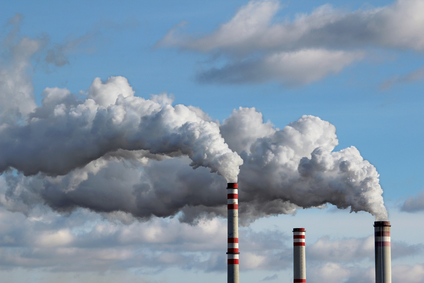More capacity needed to tackle environmental crime wave: report


More capacity is need to tackle the impact of a wide variety of environmental crimes which impact on human and animal health and require taxpayers to pay for clean-ups, according to a new report.
The report, drawn up by the police, public prosecution department and government inspectors, lists nine types of environmental crime which threaten the Netherlands, ranging from chemicals dumping to illegal fireworks.
Fraud involving manure, the trade in illegal pesticides and ground pollution ‘form a serious threat to the quality of our soil and water, and therefore our health,’ the report said.
Dangerous substances such as asbestos, lead and chemical leaks also form a risk to physical health. And at the same time, ‘the demand for exclusive food, luxury products and home decorations is keeping wildlife crime alive on a global scale.’
But despite several wake-up calls, the approach to tackling environmental crime leaves much to be desired, the report said.
‘Investigations are fragmented, follow-ups are half-hearted and the sanctions available are not a deterrent. In addition, there is not enough capacity and cases take far too long. As a result, there is major, but avoidable environmental damage.’
Manure
Fraud based on the disposal of manure from the Netherlands heavily intensive livestock farming sector has been a major problem for years.
In June, for example, the NRC reported that an analysis of over 300 criminal inquiries into fraud involving the disposal of manure has shown that farmers are largely getting away with the practice.
The report, which is based on 15 years of legal cases, said a total of 185 million kilos of manure went missing in 21 of the cases under consideration. This allowed farmers to save tens of millions of euros, researchers calculated.
The Netherlands heavy industry is another sector where pollution scandals have hit public health. For example, in April, the Volkskrant reported that IJmuiden-based Tata Steel had been releasing mercury into the sewage system without having the necessary permits.
Thank you for donating to DutchNews.nl.
We could not provide the Dutch News service, and keep it free of charge, without the generous support of our readers. Your donations allow us to report on issues you tell us matter, and provide you with a summary of the most important Dutch news each day.
Make a donation